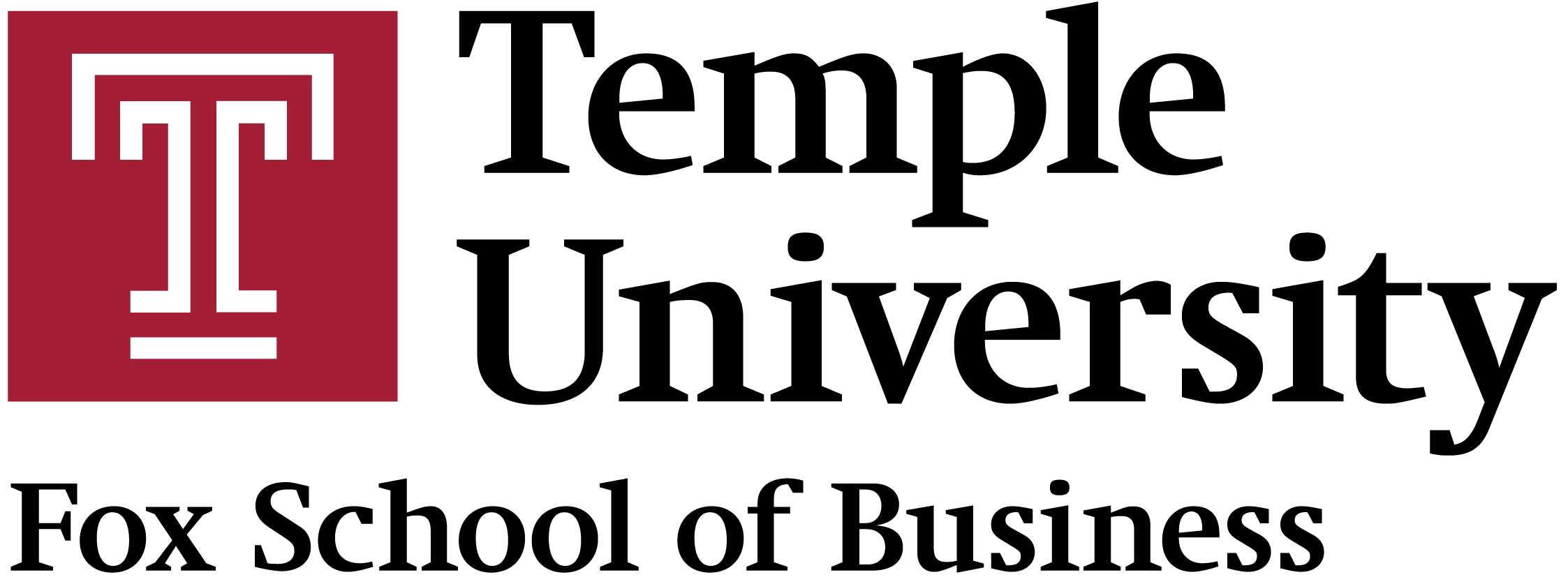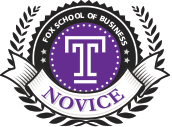supply-chain graduates are in such demand
Call it a problem of supply and demand.
With global operations becoming more complex, companies in manufacturing, retail and technology—and the consulting firms that service them—are scrambling to hire people with supply-chain expertise. But these experts are hard to come by.
Sensing growing demand, more than a half-dozen universities have recently introduced undergraduate majors, M.B.A. concentrations and even entire degree programs dedicated to procurement, inventory management and global supply-chain strategy.
Hank Osuna
Headlines of horse meat found in frozen beef products in Europe and see-through yoga pants illustrate the need. Supply-chain management has moved from a “necessary evil” to a “core competency” at companies across industries, says Rick Blasgen, president and chief executive of the Council of Supply Chain Management Professionals, an industry group.
The supply chain includes production, transport, distribution and other logistics, as well as the engineering and financial considerations involved in each of those elements.
In the past few years, many companies have experienced growing pains as they’ve added far-flung sourcing partners and shipped products to a more international market. The rise of fast-fashion brands such as Zara and Forever 21, which rely on quick turnaround to keep stores stocked, along with a growing interest in data analytics to find new efficiencies, have led companies to see their supply chains as crucial to success—or failure.
The College of Business at Bryant University in Smithfield, R.I., last fall added an undergraduate major and M.B.A. specialization in supply-chain management after introducing an undergraduate minor about four years ago. Courses include global sourcing and social responsibility in the supply chain as well as a hands-on consulting project.
Employers “don’t want cobbled-together courses, they want a real, content-laden supply-chain program,” says Teresa McCarthy, director of Bryant’s global supply chain management program.
The school already has nearly 150 undergraduate and M.B.A. students pursuing a major or concentration in the field, and employers are taking note. Companies including General Dynamics Corp. GD +2.24% and Target Corp. TGT +0.70% have plucked Bryant students for job interviews and internships.
Bryant also joined the University Alliances program run by software company SAP AG SAP -0.13% , to give students hands-on training with the logistics technology they will be expected to use in the workplace. SAP has added more than 250 schools to the program in the past 18 months, and now counts more than 1,300 partner institutions.
Meanwhile, Rutgers Business School in New Jersey, which launched its M.B.A. concentration in supply-chain management more than a decade ago, added an undergraduate major in 2010 in response to employer demand and undergraduate requests. So far, it has registered 450 students for the degree, which includes classes in transportation, contract management and even packaging. Top employers hiring out of Rutgers include Dell Inc., Johnson & Johnson JNJ +0.30% and Panasonic Corp. 6752.TO +1.71% , says Lei Lei, chair of the supply chain management and marketing sciences department.
Deloitte LLP launched a pilot in 2010 to tap students from supply-chain programs for its fast-growing supply chain and manufacturing consulting operation. It brings an average of 15 to 20 M.B.A. students into the group each year from schools including Pennsylvania State University, Arizona State University and a half-dozen others.
At craft retailer Michaels Stores Inc., new supply-chain hires are expected to hit the ground running. They are assigned jobs in areas including inventory management, where they might determine how many pipe cleaners or picture frames to buy for specific stores, and supply-chain analysis, which addresses engineering, analytics and operational efficiencies, the company says.
Michaels stocks about 40,000 separate products at its 1,100 stores across the U.S. and Canada. Since it is difficult to forecast which items customers want, and when—for example, they needed to stock up quickly for the recent knitting craze—establishing a smooth path from factory to store shelf is a must, says Tom DeCaro, executive vice president of supply chain.
Because supply-chain graduates are in such demand, they command impressive salaries.


